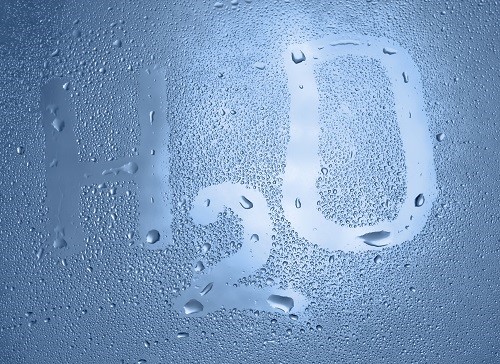Replacing the siding on your home is something most people only have to do once so they don’t have a lot of expertise on the topic. This lack of knowledge sometimes leads to questionable decisions, particularly when they rely on the kid at the big box store for advice on home improvement projects.
For instance, many homeowners will spend thousands of dollars on retroactively insulating interior walls with blow-in insulation rather than investing in a well-insulated vinyl siding that wraps the whole home in a protective blanket. The problem with this strategy is that it only adds protection between the studs and even that insulation tends to shrink over time, leaving gaps. Then the homeowner is disappointed with the results because they still have air infiltration around the studs, reducing the predicted energy savings.
It is important to have a baseline of knowledge before you start a siding replacement project. There’s a lot to learn so in today’s article we want to get you started with three critical factors you need to consider when picking the actual siding material for your home.
Thickness of the Vinyl – Generally speaking, the thickness of vinyl siding ranges from .035 inches for cheaper “building grade” siding products to .55 for the more expensive, high quality vinyl siding. If the vinyl you choose is of a high grade, the thickness of the siding material will have a major effect on the durability of the product. However, thickness alone can be misleading.
Vinyl Composition – The materials used to manufacture vinyl siding determines the durability and quality. Some manufacturers add fillers like chalk or other recycled material to bump up the thickness of the siding without actually adding any value. As a result, these vinyl grades are more likely to dent, crack, puncture and fade easily. For the best quality siding, look for virgin vinyl, a first generation vinyl that includes no recycled material. In addition, most quality siding also has a fade resistant UV coatings and impact resistant acrylic formulas that reduce wear and tear.
Siding Insulation – Insulation is also critical to the durability and effectiveness of your home’s siding. The thickness of the actual siding can be great, and you can even have the highest quality virgin vinyl siding, but those things won’t do you much good if there is no insulation. Insulation options range from none at all to very high quality, foam backed insulation up to 1.5 inches thick. We find the best insulation to be progressive foam insulation which is molded to shape of the siding itself. This product provides the densest protection from air, noise and impact.
Of course, even with the highest grade siding along with the best insulation, there is no guaranty against moisture getting under the siding due poor installation. That’s why it’s important to get siding with a good warranty on both the materials and the workmanship.
At Home Town Restyling, we have a wide range of siding options for every budget and professional installers on staff to complete the project on time and on budget. We also back up everything we do with warranties on both materials and workmanship. Download our FREE Siding Installation Checklist for more tips on preparing for a siding replacement project.


